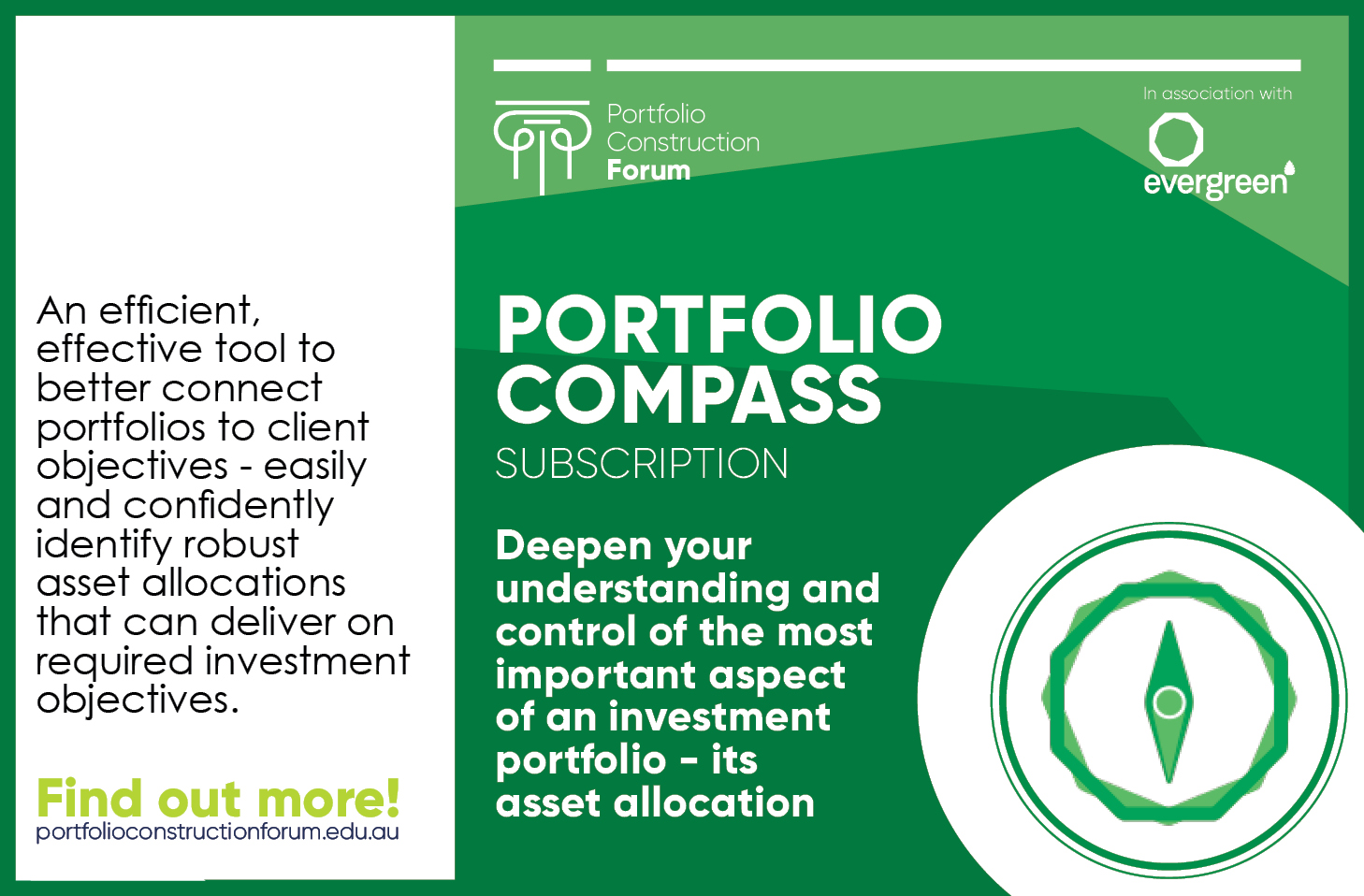Central banking, fast and slow
Mohamed El-Erian | Allianz | 07 July 2021
Economic-policy discussions in the eurozone, the United Kingdom, and the United States increasingly revolve around the question of when and how quickly central banks should pull back the uber-stimulus measures implemented last year in response to the Covid-19 pandemic.
There are no easy answers. Both parts of the question call for finely balanced judgment calls to account for uncertainties that remain in play. Policy changes by major central banks can have far-reaching implications for economic and financial well-being, affecting not just those directly involved but also the many countries that will end up ...







